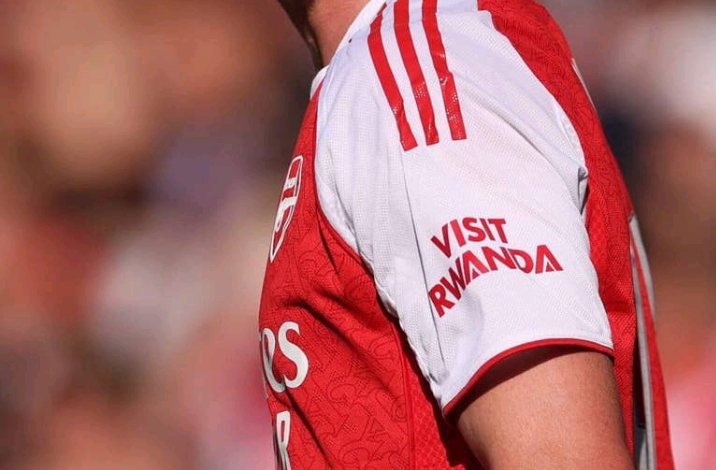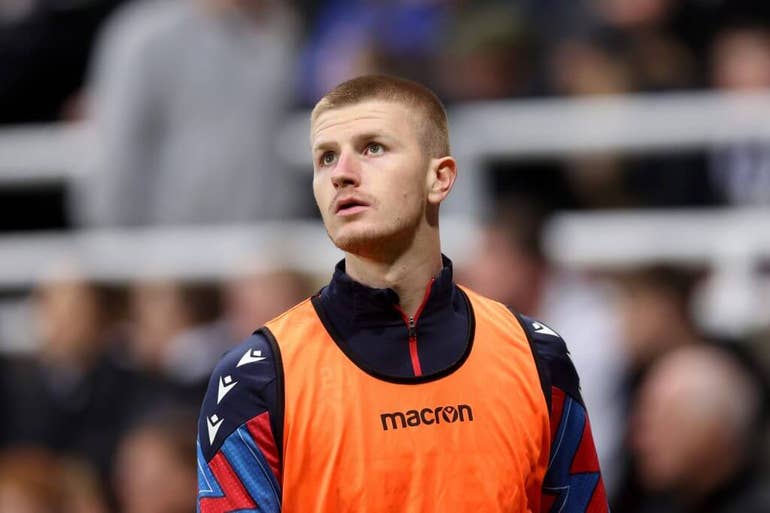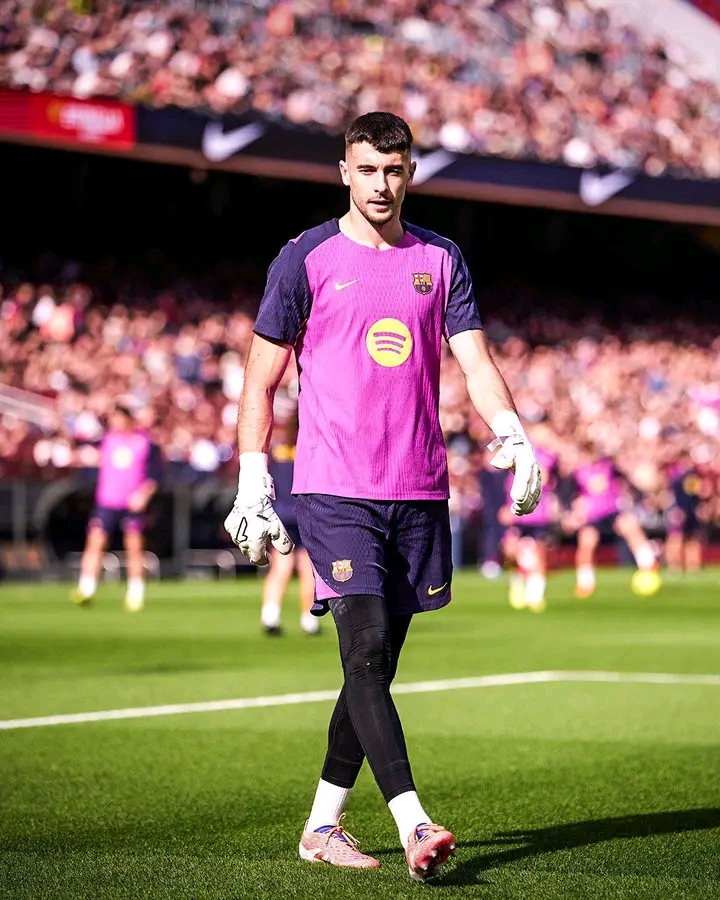Club Seeks Continued Financial Growth Through Partnership as Supporters Question Moral Integrity and Brand Values. Arsenal are currently negotiating an extension of their sponsorship agreement with Visit Rwanda. The East African nation’s official tourism board. The discussions mark another phase in one of the Premier League’s most visible and controversial commercial partnerships in recent memory. Signed originally in 2018. The deal placed the Visit Rwanda logo on the sleeves of Arsenal’s men’s and women’s first-team shirts.
The partnership has become both a financial success and a lightning rod for political and ethical controversy globally. Before being renewed again in 2021 after both sides expressed satisfaction with its marketing performance. According to Arsenal’s latest 2023–24 financial report, the partnership contributed £10 million to the club’s overall commercial income directly. That sum formed part of Arsenal’s record-breaking commercial total of £218.3 million during the last completed financial year impressively.
For the club’s executives, this revenue stream remains significant. Helping fund continued investment in the men’s and women’s football projects equally. Despite its economic benefits, the partnership has faced fierce criticism from human rights groups and sections of Arsenal’s global supporter base. Activists argue that the deal indirectly legitimizes the Rwandan government. Which continues to face accusations of human rights violations repeatedly. A 2023 report from Human Rights Watch accused Rwanda’s ruling party. The Rwandan Patriotic Front, of silencing critics through intimidation and arrests.
Such allegations have cast a moral shadow over Arsenal’s association with the country’s state-backed tourism initiative for years continuously. Fan group Gunners for Peace publicly condemned the club in April. Staging protests outside the Emirates Stadium during a home fixture passionately. Their banners accused Arsenal of selling its soul and betraying its long-held values for commercial gain through questionable partnerships. “If the board accepts this money again, it shows that our famous values and soul are for sale,” they declared strongly. The statement reflected a growing unease among supporters who believe Arsenal’s brand should stand for more than profit-driven decisions.
Arsenal’s management, led by chief executive Vinai Venkatesham. Has defended the partnership as mutually beneficial and transparent from inception onward. Arsenal insists the deal promotes tourism, supports community projects, and aligns with Arsenal’s vision of global engagement and cultural exchange. Executives point out that Visit Rwanda has heavily invested in sustainability and youth programs within both Rwanda and international communities widely.
However, critics argue that these initiatives mask deeper ethical concerns. Prioritizing image over genuine accountability and social responsibility entirely. Financially, the partnership’s visibility has been a major marketing success, helping Rwanda boost global tourism awareness significantly debut campaign. “Visit Rwanda” branding has appeared prominently across broadcasts, digital channels, and fan merchandise. This has enhanced the East African nation’s tourism identity immensely. The Rwandan government credits the sponsorship. For increasing tourist arrivals and international interest in Kigali’s growing conference and sports industries alike.
Activists maintain that the deal serves more as a political image rehabilitation campaign than genuine tourism marketing by Rwanda’s authorities. The relationship also highlights the complex intertwining of business, sport, and politics through Arsenal’s majority shareholder, American billionaire Stan Kroenke. Rwanda has recently partnered with two of Kroenke’s U.S.-based sports franchises. The NBA’s LA Clippers and the NFL’s Los Angeles Rams respectively. Both sponsorships mirror the Arsenal deal’s promotional structure. Featuring visible “Visit Rwanda” branding across kits, arenas, and marketing materials globally.
These collaborations strengthen ties between Rwanda and Kroenke Sports & Entertainment, raising questions about overlapping business interests and influence frequently. Beyond Kroenke’s American ventures, Rwanda has expanded its sports marketing portfolio into European football with several other major clubs in recent years. Atletico Madrid currently carries Rwanda’s tourism logo, emphasizing the country’s growing focus on global visibility through elite football partnerships strategically. Meanwhile, Bayern Munich, which ended its shirt sponsorship phase, redirected the relationship toward football development programs based in Kigali innovatively.
These initiatives reflect Rwanda’s long-term ambition to use sport as a vehicle for diplomacy, investment, and cultural influence across continents increasingly. President Paul Kagame, an outspoken Arsenal supporter, remains one of the partnership’s most prominent public advocates worldwide. He regularly comments on Arsenal’s performances through social media and occasionally attends major matches at the Emirates Stadium personally. In 2024, Kagame attended Arsenal’s Champions League quarterfinal against Bayern Munich, where he met then–UK Prime Minister Rishi Sunak cordially.
His presence underscored the deep personal and political significance the partnership holds for Rwanda’s image on the international stage directly. For Arsenal, extending the deal presents both opportunity and reputational risk amid growing awareness of ethical standards in global sport today. Commercially, the Visit Rwanda sponsorship remains among the Premier League’s top sleeve deals, ensuring steady income for future club development consistently. Yet, the moral implications of accepting state-sponsored funds from a country under scrutiny could further divide supporters and attract renewed criticism.
The board must therefore balance financial stability with integrity, reputation, and the values that define Arsenal’s historical identity very carefully. Many fans acknowledge the financial importance of such partnerships in maintaining competitiveness against Europe’s wealthiest clubs realistically. They recognize that global sponsorships help finance transfers, wages, and community programs, ensuring Arsenal remains strong both on and off the pitch. However, they urge the club to exercise stricter ethical screening of partners, prioritizing transparency, democracy, and human rights accountability overall. For these supporters, success cannot come at the cost of moral credibility or the principles that once defined Arsenal’s proud heritage.
The debate echoes broader questions surrounding modern football’s growing dependence on commercial income tied to political and corporate entities increasingly. From state-owned clubs to sovereign sponsorships, the line between sport, commerce, and governance grows thinner every passing season dramatically. Arsenal’s situation thus symbolizes a global dilemma. Balancing sustainability and morality in an industry driven by branding and profit simultaneously. Whether Arsenal renews the Visit Rwanda contract or not, the decision will shape perceptions of the club’s identity for years undoubtedly.
If the deal proceeds, it will likely include enhanced marketing cooperation, digital campaigns, and expanded youth initiatives across Rwanda and beyond. Club officials are reportedly evaluating clauses that emphasize social responsibility, ethical oversight, and community impact under the potential extension’s framework. These provisions aim to ease fan tension while ensuring the partnership aligns more closely with Arsenal’s public commitments to positive global influence. Negotiations remain ongoing, but sources suggest both parties are optimistic about reaching a mutually beneficial agreement before the year ends successfully.
Regardless of the final outcome, Arsenal’s dialogue with Visit Rwanda exposes the difficult choices modern football institutions must navigate carefully today. As financial demands increase, so too does public scrutiny of where money comes from and what values are represented through partnerships visibly. Arsenal now stand at a crossroads between pragmatism and principle, weighing profit against purpose in a world watching every commercial move attentively. For many supporters, the ultimate question remains clear — can Arsenal stay true to its values while thriving in football’s global marketplace?The coming months will reveal the answer as negotiations continue quietly behind closed doors within the Emirates boardroom strategically.
Whether renewed or replaced, the outcome will shape Arsenal’s commercial direction and ethical reputation throughout the next decade profoundly. For now, the discussion continues — one that blends passion, politics, and principle, reminding football fans what truly defines a club ultimately. Arsenal’s future with Visit Rwanda remains uncertain, but the conversation it has sparked will resonate long after signatures fade from the page.



